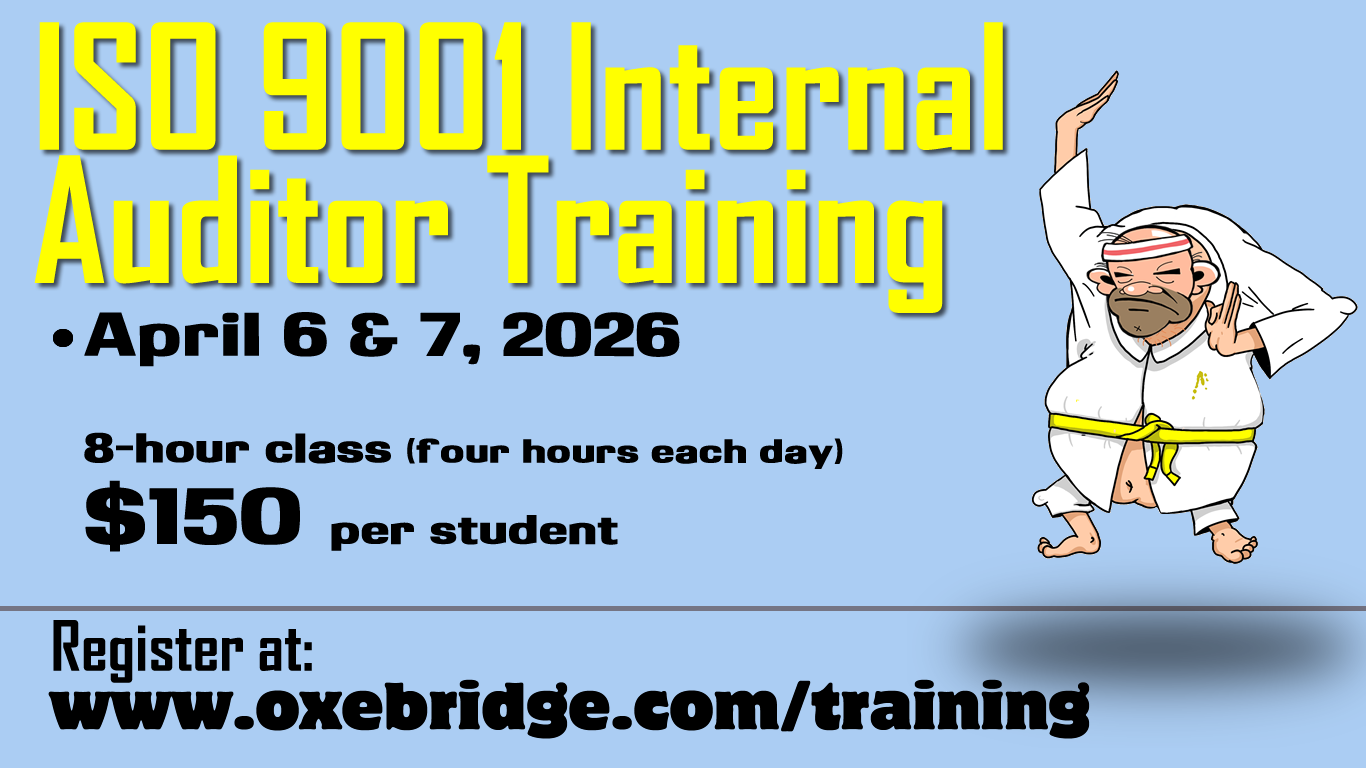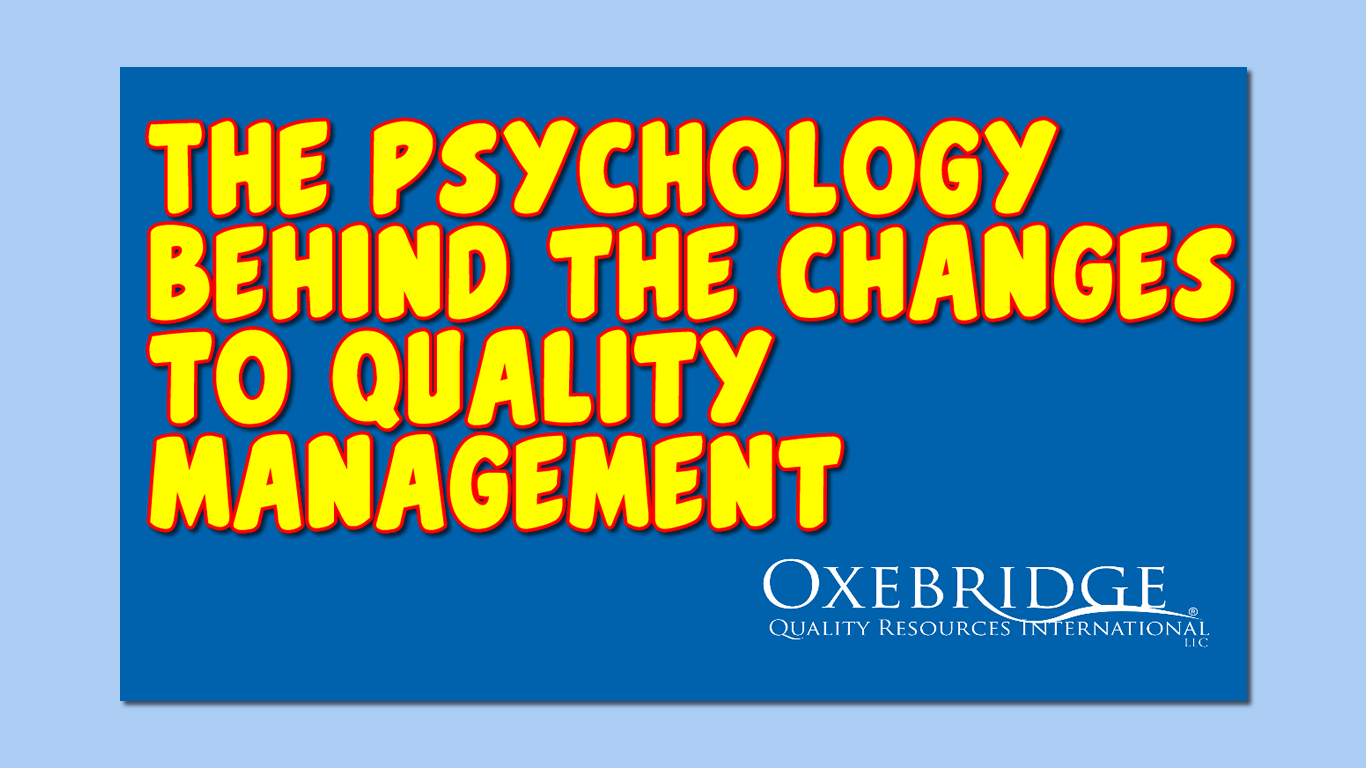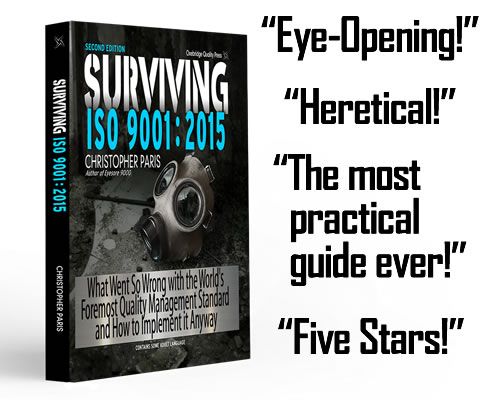 A source with first hand knowledge of the development of the 2000 edition of ISO 9001 revealed to Oxebridge that Siemens attempted to influence the development of that standard by stuffing “comments” with its own views, in order to affect voting.
A source with first hand knowledge of the development of the 2000 edition of ISO 9001 revealed to Oxebridge that Siemens attempted to influence the development of that standard by stuffing “comments” with its own views, in order to affect voting.
The source, who has requested to remain anonymous, indicates that while work on the 2000 edition was in progress, a few early drafts had received more than 4,000 comments. Per normal practice, the comments were entered into a spreadsheet for later disposition. The resulting spreadsheet file lost meaningful file property metadata after all national comments were merged.
However, the source indicates, a late entry from Belgium — who, according to the source, “rarely if ever submitted comments” — was submitted with an updated file. The Belgian official did not clear the spreadsheet’s file properties, revealing who had edited it last. The file’s author was not Belgian, but a German who worked at Siemens.
Additional investigation found that “several European countries submitted the same comments, identical all the way down to the typos.” When reviewing these identical comments, it was discovered “they all had a member on their mirror committee who worked at a local office of Siemens.”
By seeding its comments across nations, Siemens effectively attempted to thus rig voting to suit its position, a move against ISO procedures, and likely against World Trade Organization regulations against barriers to free trade. A critical aspect that allows ISO standards international recognition under the WTO Agreements is that they are developed by consensus, and not representative of any single stakeholder, especially a single corporate interest.
The nature of the comments was not readily available, and it is not clear at this time what impact they had on the final ISO 9001:2000 standard.
ISO routinely touts its consensus process, and the issue was never reported to the public, nor revealed to anyone outside of TC 176. Ironically, a November 2008 ISO Focus article* on Siemens’ role in ISO standards development includes a quote from company representative Markus Riegl, praising the international consensus process his own company was discovered to have flouted:
…We appreciate the readiness of ISO to liaise with other organizations developing International Standards. In this way, ISO complements core competencies and avoids duplication of efforts in order to maintain global coherence, integrity and quality of deliverables. ISO and its sister bodies thus enjoy an excellent reputation for the quality of the International Standards. Their wide international consensus, in particular, is of great value for multinational businesses, a quality which we recognize is not an easy one to achieve
Siemens has been contacted by Oxebridge for comment.
(* Link is down at press time, but a cached version on Google is available.)
Christopher Paris is the founder and VP Operations of Oxebridge. He has over 35 years’ experience implementing ISO 9001 and AS9100 systems, and helps establish certification and accreditation bodies with the ISO 17000 series. He is a vocal advocate for the development and use of standards from the point of view of actual users. He is the writer and artist of THE AUDITOR comic strip, and is currently writing the DR. CUBA pulp novel series. Visit www.drcuba.world








